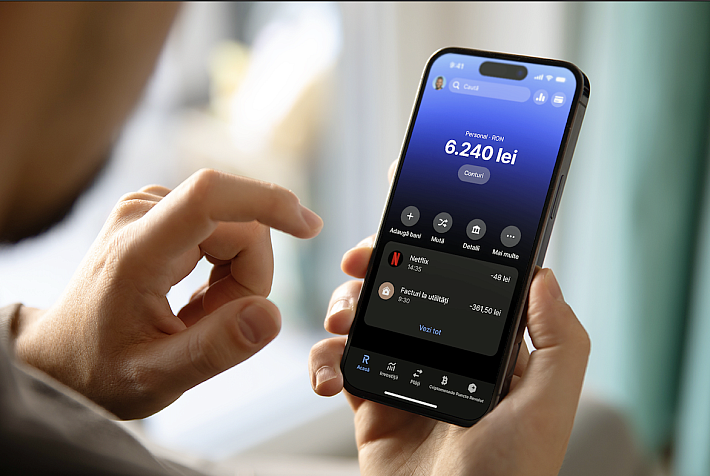Native content with Labour Law info by Grecu Partners.
Prohibition to claim additional pay for overtime worked under a part-time individual employment contract

In order to obtain additional income, some employees opt to work overtime in excess of the contractual hours, i.e. by carrying out additional hours. Although, as a rule, labour law allows people to work overtime, some categories of employees cannot carry out additional hours. This category includes people working under a part-time individual employment contract. The reason for implementing the ban on overtime for these employees is that if overtime is an issue, then the individual employment contract should provide for increased working time or even extend to a full-time contract.
In this regard, the Romanian legislator has expressly inserted in the content of Art. 105 para. (1) c) of the Labour Code, the prohibition of overtime in the case of part-time contracts. However, the prohibition is not absolute, as the same legal provision establishes exceptional situations in which overtime work may be performed, namely in cases of major force or for other urgent work intended to prevent accidents or to mitigate their consequences. Thus, the prohibition must be included among the general mandatory clauses contained in the part-time contract. Otherwise, the contract is deemed to have been concluded for the full time.
Consequently, since overtime is not allowed, implicitly no overtime bonus can be claimed for those hours worked. Beyond this, overtime pay is granted on an exceptional basis, the rule being that overtime is compensated by paid time off within 90 days of overtime. Therefore, since even the granting of time off in lieu of overtime cannot be claimed, even less can it be compensated by the granting of a bonus.
If, despite the prohibition to work overtime in the case of part-time contracts, these additional hours are worked, the Labour Code qualifies the situation described as undeclared work, i.e. by receiving an employee to work in excess of the working hours established in the individual part-time employment contracts.
Therefore, apart from the exceptional cases in which additional work may be performed under the part-time contract, the rule is the prohibition of overtime, coupled with the impossibility of claiming compensation for overtime work performed by paid time off or, even less, by granting an increase in salary.
- This is native content with Labour Law info by Grecu Partners.












